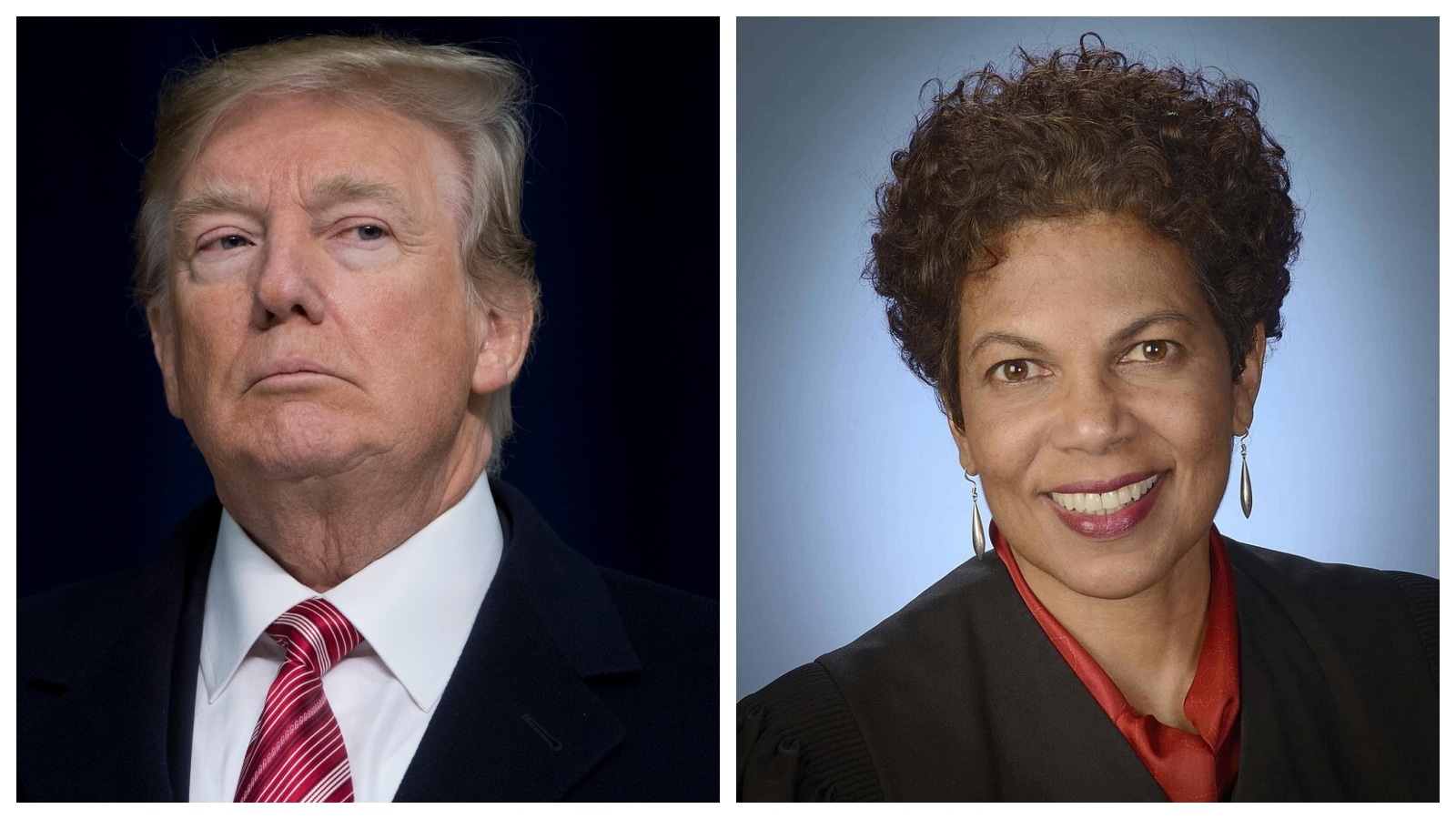OPINION: This article may contain commentary which reflects the author's opinion.
The federal judge assigned to oversee former President Donald Trump’s Jan. 6 case is overtly biased against him and has pronounced him “guilty” in several related cases that have come before her, according to a review of court transcripts.
Julie Kelly, writing for Real Clear Investigations, noted that U.S. District Court Judge Tanya S. Chutkan, who has developed a reputation for punishing Jan. 6 defendants beyond what even federal prosecutors sought, warned Trump, through his attorneys, that she won’t tolerate any politics in her courtroom.
“The fact that [Trump is] running a political campaign has to yield to the orderly administration of justice,” Chutkan said Aug. 11 during the first hearing on the case. “If that means he can’t say exactly what he wants to say about witnesses in this case, that’s how it has to be.”
However, Kelly reported, “even as she warns Trump about his “inflammatory” language, Chutkan has routinely issued politically charged rulings and made incendiary statements of her own while presiding over some 30 cases involving Trump supporters charged in connection with the Jan. 6, 2021, melee at the U.S. Capitol.”
She noted that a review of “thousands of pages” of transcripts from hearings she has presided over revealed that Chutkan “has repeatedly expressed strong and settled opinions about issues” at the heart of Trump’s case.
These include her public statements affirming the integrity of the 2020 election, her assertion that the Jan. 6 riot at the Capitol Building was attributed to Trump, and her strong suggestions that Trump is guilty of crimes. She has characterized the events of January 6 as a “mob attack” targeting “the very foundation of our democracy” and categorized the core matter of the case before her – Trump’s contention that the 2020 election was stolen – as a conspiracy theory, Kelly noted, adding:
Although judges often make comments from the bench, Chutkan’s strident language raises questions about her impartiality in handling the case against the presumptive GOP nominee for president in 2024.
Kelly also noted that the U.S. Code guiding judges’ recusal from cases states: ”Any justice, judge, or magistrate judge of the United States shall disqualify himself in any proceeding in which his impartiality might reasonably be questioned.”
One main reason to recuse is if the judge has demonstrated “a personal bias or prejudice concerning a party.”
To that end, Rep. Matt Gaetz (R-Fla.), a big ally of the former president, recently filed a resolution calling for condemnation and censure of Chutkan for exhibiting “open bias and partisanship in the conduct of her official duties as a judge.”
However, if the intention of Trump loyalists is to secure a different judge for the case, they face a significant legal obstacle, Kelly noted.
Stephen Gillers, a professor of law at New York University, told her that in most instances, a judge can be recused for bias or the appearance of bias “only when the purported bias comes from a source outside the judge’s work as a judge.”
“Almost never will a judge be recused for opinions she forms as a judge – in hearing cases and motions. Judges are expected to form opinions based on these ’intrajudicial’ sources. It’s what judges do,” he added.
Kelly noted that, on at least one occasion, Chutkan hinted that Trump should be in jail despite encouraging his supporters on that day to march “peacefully” to the U.S. Capitol Building to protest the outcome of the election.
In sentencing Christine Priola, an Ohio Trump supporter who pleaded guilty to obstructing an official proceeding, to 15 months behind bars, Chutkan appeared to complain that Trump wasn’t charged yet or in prison.
“[The] people who mobbed that Capitol were there in fealty, in loyalty, to one man – not to the Constitution, of which most of the people who come before me seem woefully ignorant, not to the ideals of this country, and not to the principles of democracy,” Chutkan said during the Oct. 28, 2022 hearing. “It’s a blind loyalty to one person who, by the way, remains free to this day.”
